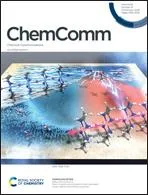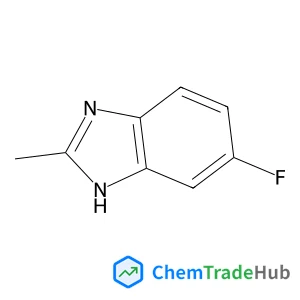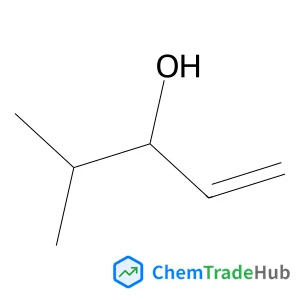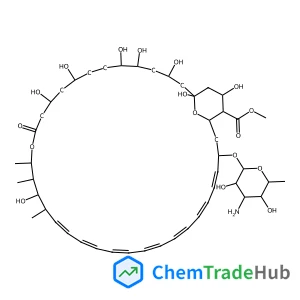Interfacial engineering of a polymer–MOF composite by in situ vitrification
文献信息
Rijia Lin, Jingwei Hou, Mengran Li, Zhanke Wang, Lei Ge, Shichun Li, Zhonghua Zhu, Thomas D. Bennett, Vicki Chen
Non-stoichoimetric crystalline ZIF-62 was used as the filler for a 6FDA-DAM polyimide-based composite membrane. In situ melting and vitrification of ZIF-62 was then performed, to yield the ZIF-62 glass phase (agZIF-62), within the polymer matrix. Focus ion beam scanning electron microscopy (FIB-SEM), thermal characterisation and membrane separation tests demonstrate the filling of voids at the MOF/polymer interface from the liquid phase of ZIF-62.
相关文献
IF 6.367
Selective production of monocyclic aromatic hydrocarbons from ex situ catalytic fast pyrolysis of pine over the HZSM-5 catalyst with calcium formate as a hydrogen sourceIF 6.367
An aminophosphonate ester ligand-containing platinum(ii) complex induces potent immunogenic cell death in vitro and elicits effective anti-tumour immune responses in vivoIF 6.222
Outstanding Reviewers for ChemComm in 2020IF 6.222
Highly efficient and durable III–V semiconductor-catalyst photocathodes via a transparent protection layerIF 6.367
Developing a novel high performance NaNbO3-based lead-free dielectric capacitor for energy storage applicationsIF 6.367
Sensitive and specific detection of tumour cells based on a multivalent DNA nanocreeper and a multiplexed fluorescence supersandwichIF 6.222
Ultra-thin NiFeSe nanosheets as a highly efficient bifunctional electrocatalyst for overall water splittingIF 6.367
An elemental S/P photocatalyst for hydrogen evolution from water under visible to near-infrared light irradiationIF 6.222
Stabilizing synthetic DNA for long-term data storage with earth alkaline saltsIF 6.222
来源期刊
Chemical Communications

ChemComm publishes urgent research which is of outstanding significance and interest to experts in the field, while also appealing to the journal’s broad chemistry readership. Our communication format is ideally suited to short, urgent studies that are of such importance that they require accelerated publication. Our scope covers all topics in chemistry, and research at the interface of chemistry and other disciplines (such as materials science, nanoscience, physics, engineering and biology) where there is a significant novelty in the chemistry aspects. Major topic areas covered include: Analytical Chemistry Catalysis Chemical Biology and medicinal chemistry Computational Chemistry and Machine Learning Energy and sustainable chemistry Environmental Chemistry Green Chemistry Inorganic Chemistry Materials Chemistry Nanoscience Organic Chemistry Physical Chemistry Polymer Chemistry Supramolecular Chemistry
推荐供应商
 上海赫诗特化工有限公司(赫特国
上海赫诗特化工有限公司(赫特国 上海卡恩医药科技有限公司
上海卡恩医药科技有限公司 DESMI有限公司
DESMI有限公司 江苏双马化工集团
江苏双马化工集团 BÜsch Technology GmbH & Co. KG
BÜsch Technology GmbH & Co. KG 襄樊诺尔化工有限公司
襄樊诺尔化工有限公司 Wellomer GmbH
Wellomer GmbH W.Kolb AG博士
W.Kolb AG博士 Sohena GmbH
Sohena GmbH 泰州佳音化工有限公司
泰州佳音化工有限公司










![500789-05-9 - (Betar)-2-氯-Beta-[[(1,1-二甲基乙氧基)羰基]氨基]-苯丙酸 500789-05-9 - (Betar)-2-氯-Beta-[[(1,1-二甲基乙氧基)羰基]氨基]-苯丙酸](/structs/500/500789-05-9-80b4.webp)



